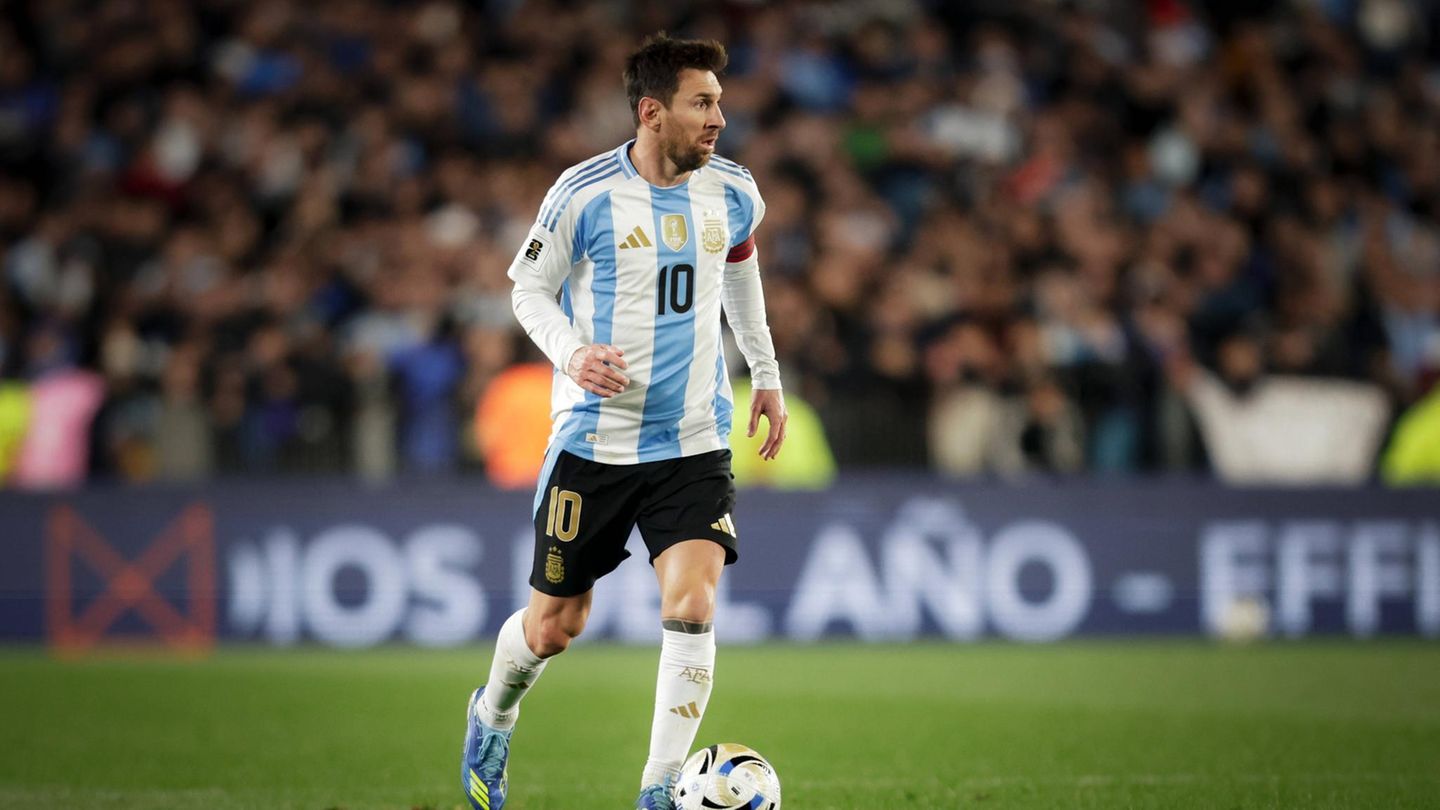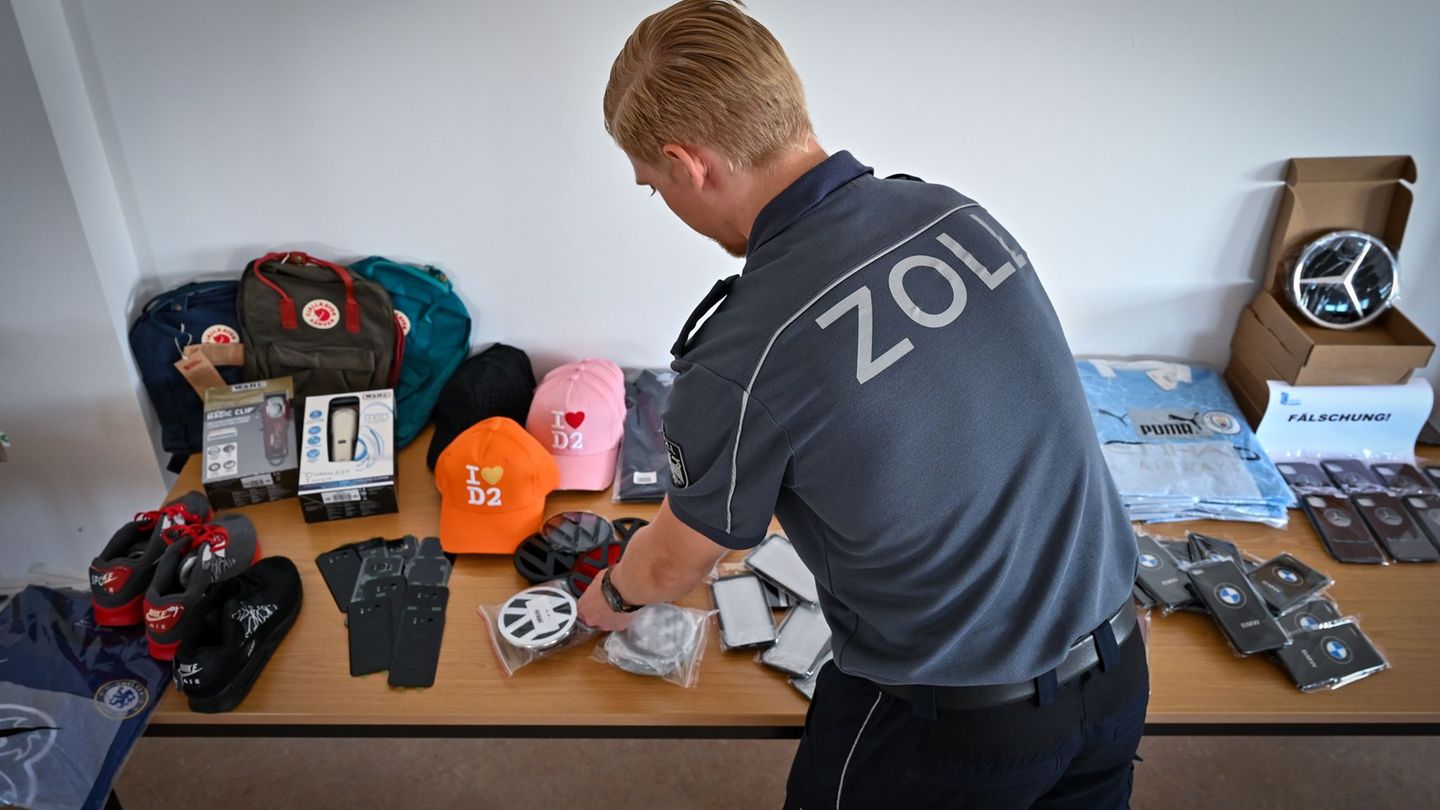It is a “loan” that the Czech Republic will return later, it said.
Hungary promised the vaccination doses to the Czech Republic in the spring of solidarity after Prague did not agree to the compromise on the distribution of additional vaccines within the EU. The Czech Republic then received less vaccine than if it had agreed to the EU compromise.
In the Czech Republic, with a population of 10.7 million, the number of new infections is starting to rise again. On Wednesday yesterday 151 new cases were registered, an increase of 46 over the week. The biggest increase is in Prague. The so-called R number – which tells you how many more people will be infected by an infected person – is now 1.2, which worries the government.
The vaccination is progressing relatively quickly. Over 100,000 stitches are administered on weekdays. Nonetheless, the government is urging the public to get vaccinated, especially the younger generations, who are visibly less interested in vaccinations than the older generation.
Denmark donates a million doses of vaccine to Balkan countries
Denmark donates one million doses of vaccine from the Swedish-British manufacturer Astrazeneca to the Western Balkans. Albania, Bosnia-Herzegovina, Kosovo and North Macedonia have great needs for vaccines, said Danish Foreign Minister Jeppe Kofod on Thursday, according to a statement. “The Western Balkans are part of our neighborhood and we have a great common interest in standing together – also in the fight against the pandemic.”
Another million doses were to be sent to North Africa and the Covax international vaccination program. The donations consist of vaccines that Denmark bought and paid for but that have not yet been delivered. Denmark has removed the Astrazeneca active ingredient from its vaccination program due to rare side effects.



